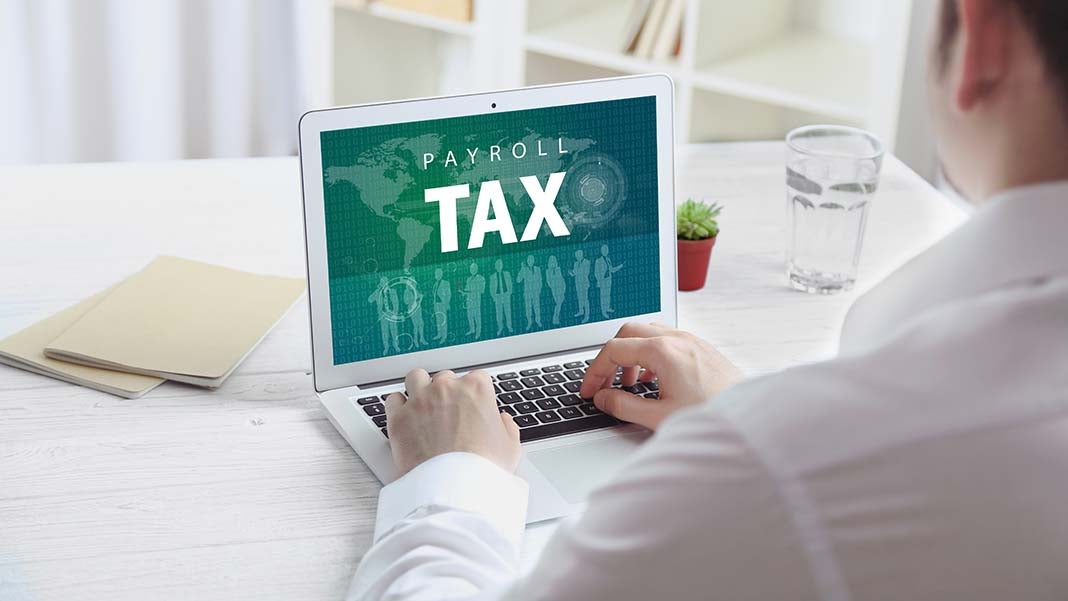Research Credit Can Offset Payroll Taxes for Small Businesses
By: TaxConnections

Does your small business engage in qualified research activities? If so, you may be eligible for a research tax credit that you can use to offset your federal payroll tax bill.
This relatively new privilege allows the research credit to benefit small businesses that may not generate enough taxable income to use the credit to offset their federal income tax bills, such as those that are still in the unprofitable start-up phase where they owe little or no federal income tax.
QSB Status
Under the Protecting Americans from Tax Hikes Act of 2015, a qualified small business (QSB) can elect to use up to $250,000 of its research credits to reduce the Social Security tax portion of its federal payroll tax bills. Under the old rules, QSBs could use the credit to offset only their federal income tax bills. However, many small businesses owe little or no federal income tax, especially small start-ups that tend to incur significant research expenses.
For the purposes of the research credit, a QSB is generally defined as a business with:
- Gross receipts of less than $5 million for the current tax year, and
- No gross receipts for any taxable year preceding the five-taxable-year period ending with the current tax year.
The allowable payroll tax reduction credit can’t exceed the employer portion of the Social Security tax liability imposed for any calendar quarter. Any excess credit can be carried forward to the next calendar quarter and is subject to the Social Security tax limitation for that quarter.
Research Activities That Qualify
To be eligible for the research credit, a business must have engaged in “qualified” research activities. To be considered “qualified,” activities must meet the following four-factor test:
- The purpose must be to create new (or improve existing) functionality, performance, reliability or quality of a product, process, technique, invention, formula or computer software that will be sold or used in your trade or business.
- There must be an intention to eliminate uncertainty.
- There must be a process of experimentation. In other words, there must be a trial-and-error process.
- The process of experimentation must fundamentally rely on principles of physical or biological science, engineering or computer science.
Expenses that qualify for the credit include wages for time spent engaging in supporting, supervising or performing qualified research, supplies consumed in the process of experimentation, and 65% of any contracted outside research expenses.
Complex Rules
The ability to use the research credit to reduce payroll tax is a welcome change for eligible small businesses; however, the rules are complex and we’ve only touched on the basics here.
Need help determining whether you qualify? Or need assistance in making the election for your business?
Have other questions? Contact William Rogers
Your comments are welcome!
Author: William E. Rogers, MBA, CFP, EA is the founder of Ascend Business Advisory, a boutique tax and financial advisory firm in San Diego, CA. He has a BS in Business Management from the University of Redlands, an MBA from the University of Southern California, and an MS in Finance from Golden Gate University. His practice specializes in serving the needs of entrepreneurial start up companies.












